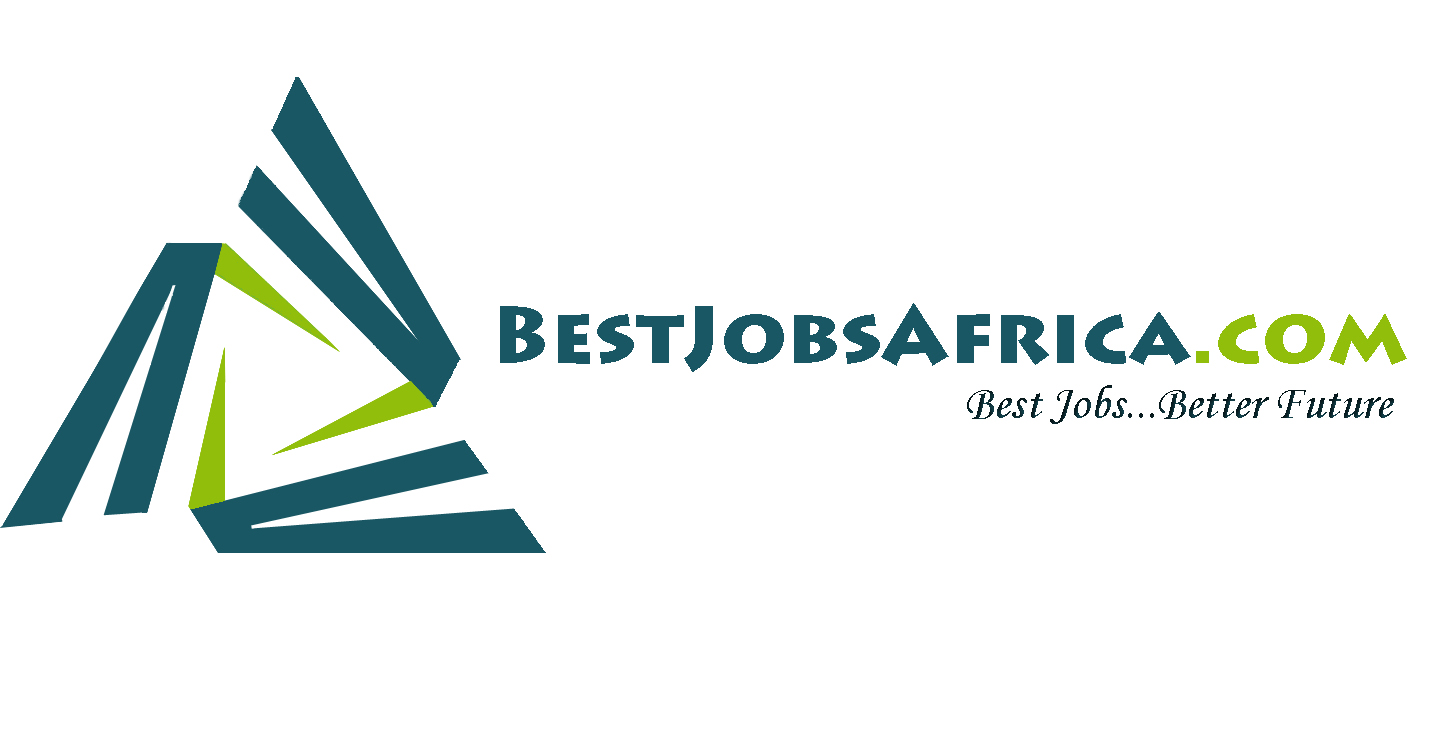Company Profile
Company Description:
SNV Netherlands Development Organisation is dedicated to a society where all people enjoy the freedom to pursue their own sustainable development. SNV focusses its work on issues related to food, energy and water – three global challenges that strongly impact the poor and are closely linked to climate change. Essential success factors in our work are inclusive development, systemic change, local ownership and contextualized solutions. We focus our work on three sectors: Agriculture, WASH (Water, Sanitation and Hygiene) and Renewable Energy. In these sectors we combine three specific roles: advisory services, knowledge networking and evidence-based advocacy. SNV works with actors in the private sector, public sector as well as civil society organisations, at national and sub-national level. An entrepreneurial way of working and professionalism characterise our organizational culture.
SNV operates in Tanzania since 1971; currently we are about 45 staff members, we work with a large network of local service providers and have offices in Dar es Salaam, Mwanza, Arusha and Morogoro. Our operations are funded through anchor funding of the government of The Netherlands and increasingly by other bilateral and multilateral development partners as well as private foundations.
The SNV Tanzania programme in the WASH sector develops and applies innovative solutions for increasing access to water and sanitation in rural and peri-urban Tanzania.
SNV focuses on four Programmatic areas:
• Rural Water Supply: supporting districts to (i) improve functionality of rural water facilities by strengthening capacities of local communities to manage their water supply; and (ii) develop the political and planning capacities of local government authorities for more effective monitoring and planning and equitable resources allocation (using of water point mapping data)
• WASH in Schools: working in partnership with UNICEF and other International and national organisations, supporting the Government to develop and pilot the National School WASH guidelines and working closely with LGAs and school communities to improve the situation of WASH in schools.
• Peri-urban and small town water supply program provides capacity building and technical back-up support to small utilities to improve their performance and outreach of their services (currently in pilot phase)
• Sustainable Sanitation and Hygiene for all: innovative approaches in sanitation and hygiene promotion that are technically suitable, culturally acceptable and economically sustainable (currently in identification phase).
By addressing the issues that obstruct access to WASH facilities and services, we aim to contribute to:
• Demand articulation: Strengthening local actors (government and communities) in formulating their needs into clear demands.
• Demand responsive WASH infrastructure and services: Increasing the availability of sustainable water and sanitation infrastructures and services, and ensuring sustainable operation and maintenance solutions for WASH infrastructures.
• Improved access to sanitation facilities; improved hygienic practices and behaviour changes
• An improved learning environment for children: Increasing the access of children (with a special focus on girls) to child-friendly WASH facilities at schools. This includes the provision of market-based solutions for the menstrual hygiene of girls.
• The up-scaling of interventions: Increasing WASH coverage by developing local capacity to up-scale WASH interventions and establish public/private partnerships.
• Knowledge based development: Creating a learning environment that enhances knowledge development, management and application. Knowledge-based decision making in the WASH sector.
• The implementation of national WASH policies and strategies: Locally trigger WASH development by supporting decentralisation and reform processes and structures.
Key themes of the SNV approach are localisation, i.e. strengthening capacity of local organisations (LCBs) through engaging them in our work to support local change agents and strengthen public accountability, i.e. building relations between citizens and government. An increasing part of our programme is implemented in partnership with (inter)national organisations.
There are no postings meeting the criteria you specified
| Title | Company | Location | Posted | ||
|---|---|---|---|---|---|




